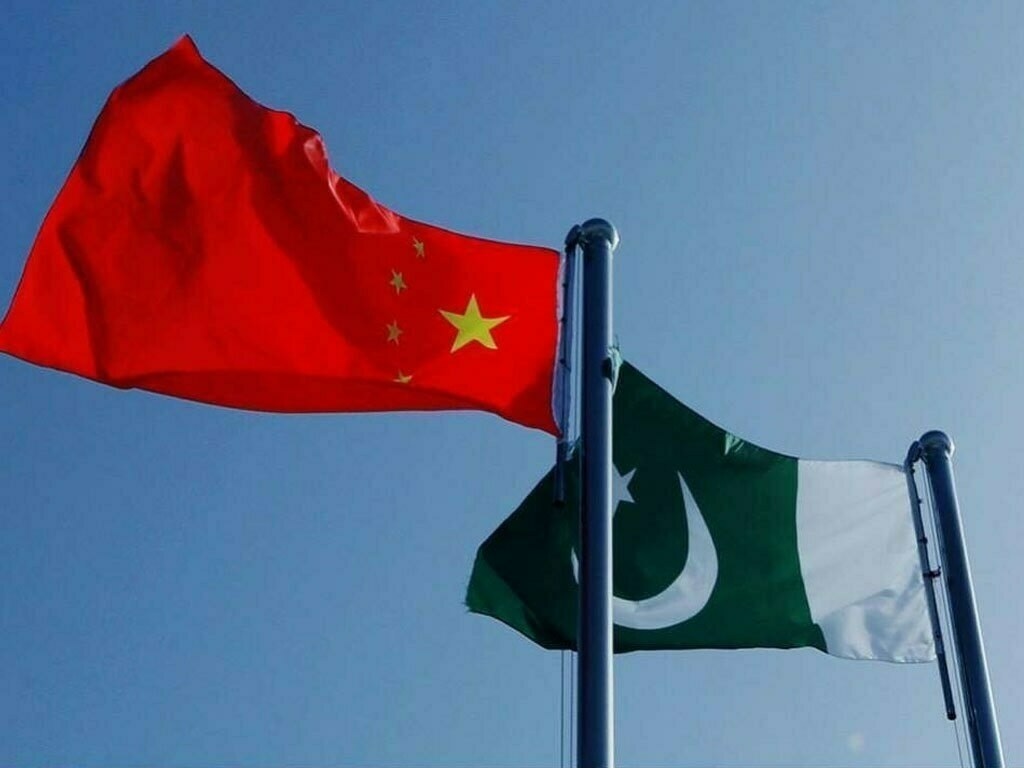The recent visit of Pakistan’s Prime Minister to China, the focus was on enhancing business activities between the two nations. Federal Minister for Board of Investment Abdul Aleem Khan and Commerce Minister Jam Kamal Khan engaged in detailed discussions with CEOs of major Chinese companies, fostering a robust environment for bilateral trade and cooperation.
Federal Minister Abdul Aleem Khan highlighted the significance of the Pak-China business forum, which saw participation from 500 Chinese companies and 100 Pakistani companies. The forum was a platform for signing 32 Memorandums of Understanding (MoUs) alongside successful bilateral negotiations. Khan emphasized that this event presented an unparalleled opportunity for the Pakistani business community to forge long-term connections with their Chinese counterparts.
“This conference has provided the best platform for connectivity between both sides, which will result in enduring business ties,” said Khan. He further noted that beyond investment, the forum offered China opportunities for direct exports to other countries.
Addressing business entrepreneurs, Abdul Aleem Khan assured full encouragement for Chinese companies setting up business activities in Pakistan. The private sector in Pakistan will be given complete freedom to invest in various sectors, including energy, infrastructure development, farming, engineering construction, and logistics. This open-door policy aims to attract substantial foreign investment, fostering economic growth and job creation.
Aleem Khan also mentioned that the participation of renowned Pakistani businessmen in the China visit is a positive sign. He identified key sectors such as hotels, tourism, culture, sports goods, textiles, decoration industry, and airport design as primary fields for investment. He reiterated that Pakistan is rich in natural resources and has immense potential, which can be harnessed to promote large-scale business activities, thereby driving the economy and creating employment opportunities for the youth.
Federal Ministers Abdul Aleem Khan and Jam Kamal Khan held various consultative meetings with significant Chinese business groups, discussing bilateral proposals and finalizing plans for future cooperation. These meetings involved key stakeholders from Pakistan’s Ministry of Commerce, Board of Investment, and National Food Security, collaborating with their Chinese counterparts to facilitate business-to-business activities.
The first leg of the tour was notably busy for Aleem Khan and Jam Kamal Khan, as they engaged in detailed deliberations with Chinese officials and business leaders. These discussions culminated in the signing of agreements and negotiations that are expected to pave the way for enhanced economic collaboration between Pakistan and China.
Expanding Business Horizons
The agreements and MoUs signed during this visit signify a milestone in Pakistan-China economic relations. By providing a conducive environment for Chinese businesses in Pakistan, the government aims to attract investment in critical sectors. The emphasis on infrastructure development, energy, farming, and logistics is expected to catalyze economic progress and create numerous job opportunities.
One of the key highlights of this visit was the emphasis on private sector participation. The Pakistani government’s commitment to giving the private sector a free hand in investment decisions is a strategic move to stimulate economic activity. By allowing private enterprises to lead the way, Pakistan hopes to leverage its natural resources and create a thriving business ecosystem.
The visit underscored the potential for future investments in various sectors, including tourism, culture, sports goods, textiles, and airport design. With well-known businessmen from Pakistan actively participating in the visit, the groundwork has been laid for significant investments that will benefit both countries.
The successful negotiations and MoUs signed during the visit reflect a shared commitment to strengthening economic ties and exploring new avenues for cooperation. The initiatives discussed and agreements reached are poised to foster a mutually beneficial relationship, driving economic growth and development.




